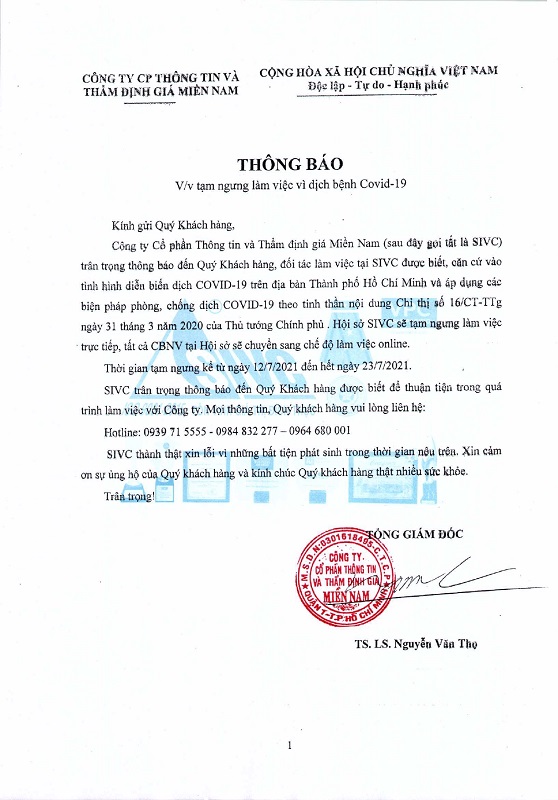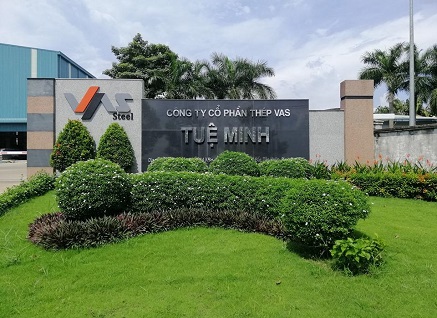With an abundant price data, human resources with a high level of professional experience, SIVC will provide customers with information about the value of assets with high reliability for each valuation purpose.
Intangible asset refers to an asset that lacks physical substance and is capable of creating economic rights and benefits. Intangible assets referred to in this Standard shall simultaneously satisfy following requirements:
- No physical form; however, an intangible asset may contain some physical substance which value is not considerable versus that of the intangible asset;
- Perceivable and has tangible evidence of its existence (for example: contracts, certificates, registration documentation, computer discs, list of clients, financial statements, etc.)
- Capable of generating incomes for its owners;
- Value of an intangible asset is quantifiable.
Types of intangible assets:
- Intellectual assets and intellectual property rights according to the Law on Intellectual Property;
- Rights to bring about economic benefits for a party as detailed in a civil contract according to laws (for example: franchises, mineral rights, etc.);
It is the value of a fixed asset that has no physical form, it represents an investment value to be paid gradually, which is included in the product cost, such as the purchase value of product copyrights, patents, inventions, etc.
- Allows businesses to more accurately determine the value of businesses
- Serves for the correct identification of costs associated with depreciation of intangible fixed assets thereby better cost calculation will be done.
- Helps facilitate the purchase, sale and exchange of intangible assets between businesses, facilitates businesses in the formation of projects to develop their own types of intangible assets.
- Intangible assets are appraised in the following cases: purchase, sale, transfer; joint ventures; corporate restructuring: acquisition, merger, split, equitization, etc.; debt settlement; dissolution of the enterprise; compensation, insurance, claims; accounting, tax calculation.

- Allows businesses to more accurately determine the value of businesses.
- Serves for the correct identification of costs associated with depreciation of intangible fixed assets thereby better cost calculation will be done.
- Helps facilitate the purchase, sale and exchange of intangible assets between businesses, facilitates businesses in the formation of projects to develop their own types of intangible assets.
- Intangible assets are appraised in the following cases: purchase, sale, transfer; joint ventures; corporate restructuring: acquisition, merger, split, equitization, etc.; debt settlement; dissolution of the enterprise; compensation, insurance, claims; accounting, tax calculation.
- Income-based valuation method
- Market-based valuation method
- Cost-based valuation method
- Certificates, decisions of competent agencies certifying ownership of intangible assets;
- Contracts and economic agreements related to intangible assets;
- Aggregate costs related to intangible assets;
- Evidence demonstrating the economic efficiency of the application or use of the intangible asset;
- Other relevant documents.
For getting consultancy on service of real property valuation, please provide us your contact in the box below:
Contact for appraisal: 093.979.5555 - 0979.40.40.48 - 0984.83.22.77
Zalo: 096.274.22.55
Email: [email protected] - [email protected]















